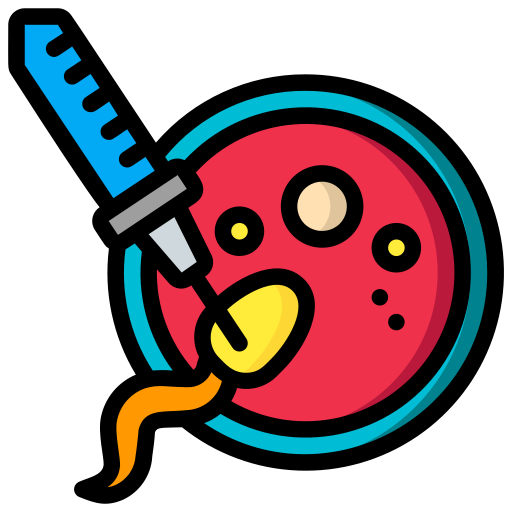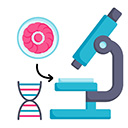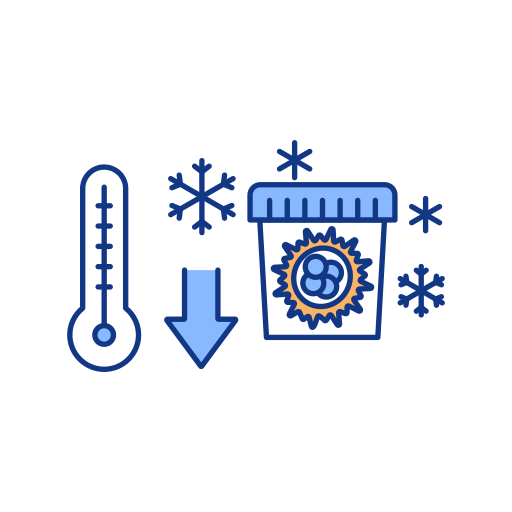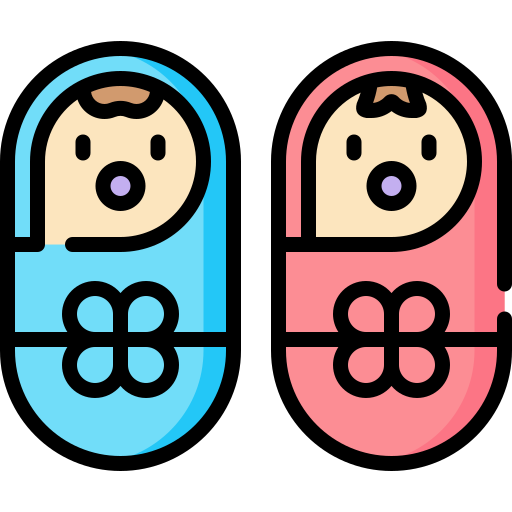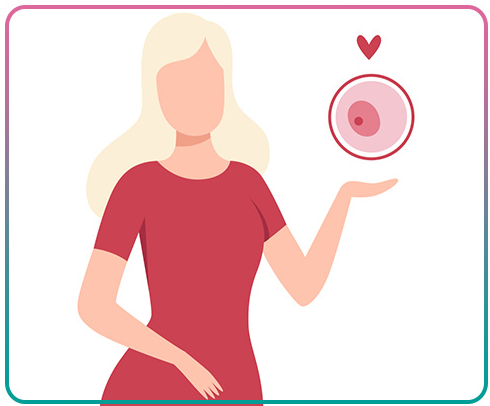
Have you ever heard about egg donation? It’s a topic that might sound complicated, but it’s quite important in today’s world. Egg donation is when a woman gives one of her eggs to help another person or couple have a baby. This process can bring hope and joy to families who cannot have children on their own.
In this article, we’ll explore what egg donation is all about. We’ll look at how it works, why people choose to donate, and what it means for everyone involved. We’ll also talk about the things donors need to consider before making this big decision. By the end, you’ll have a clear understanding of egg donation and its impact on people’s lives.
What Is Egg Donation?
Egg donation is a medical process where a woman, called the donor, gives some of her eggs to help someone else have a baby. The person who receives the eggs might be unable to produce healthy eggs herself. This could be due to age, health problems, or other reasons. With donated eggs, she has a chance to become pregnant and start a family.
How Does Egg Donation Work?
The process of egg donation involves several steps. Here’s a simple breakdown:
- Screening and Selection: The donor goes through medical tests to make sure she’s healthy. Doctors check her physical health, mental well-being, and family medical history. This ensures that the eggs are healthy and reduces risks.
- Preparing the Donor: The donor takes medicines to stimulate her ovaries. This helps her produce more eggs than usual. Doctors monitor her closely during this time.
- Retrieving the Eggs: When the eggs are ready, a doctor collects them through a minor surgical procedure. The donor is usually under light anesthesia, so she doesn’t feel pain.
- Fertilization and Transfer: The eggs are then fertilized with sperm in a lab to create embryos. These embryos are placed into the recipient’s uterus in hopes of achieving a pregnancy.
Why Do Women Choose to Donate Eggs?
There are several reasons why women decide to become egg donors:
- Helping Others: Many donors want to help people who can’t have children. They feel joy knowing they can make a difference in someone’s life.
- Financial Compensation: Donors often receive money for their time and effort. This can help them pay for education, debts, or other needs.
- Personal Fulfillment: Some women find personal satisfaction in contributing to the miracle of life. They feel proud to be part of something meaningful.
Who Can Become an Egg Donor?
Not everyone can donate eggs. There are specific requirements to ensure safety and success:
- Age Requirements: Donors are usually between 21 and 35 years old. This age range is when women are most fertile, and the eggs are healthiest.
- Health Standards: Donors must be in good physical health. They shouldn’t have genetic diseases or serious medical conditions.
- Psychological Evaluation: Donating eggs can be emotionally challenging. Donors meet with a counselor to discuss their feelings and make sure they’re ready.
Legal and Ethical Considerations
Egg donation involves important legal and ethical issues:
- Anonymity and Confidentiality: In some cases, donors and recipients don’t know each other’s identities. This protects privacy but can also lead to questions later on.
- Legal Rights: Donors usually give up all parental rights to any children born from their eggs. This means they have no responsibilities or claims.
- Ethical Debates: Some people have concerns about the commercialization of egg donation. They worry about the well-being of donors and the children born from donated eggs.
Risks and Side Effects
While egg donation is generally safe, there are some risks:
- Medical Risks: The medications can cause side effects like headaches or mood swings. The egg retrieval procedure carries small risks of infection or bleeding.
- Emotional Considerations: Donors might feel emotional about the process. They may wonder about the children born from their eggs.
Impact on Donors and Recipients
Egg donation can have a profound impact:
- For Donors: Many donors feel happy knowing they’ve helped create a family. Some may struggle with emotions, but support is available.
- For Recipients: Receiving donated eggs can be life-changing. It offers a chance to have a child when other options have failed.
Conclusion
Egg donation is a remarkable process that brings hope to many families. It involves generosity, medical science, and careful consideration. Women who choose to donate their eggs provide a gift that can never be fully repaid.
If you’re thinking about egg donation, it’s important to learn all you can. Talk to medical professionals, counselors, and others who’ve been through it. Whether you’re a potential donor or someone hoping to receive eggs, understanding the process can help you make the best decision for your future.
Final Thoughts
Egg donation shows how kindness and science can come together to create miracles. By sharing this knowledge, we can appreciate the courage and compassion of everyone involved. It’s a story of hope, love, and the amazing possibilities that exist when people help each other.

